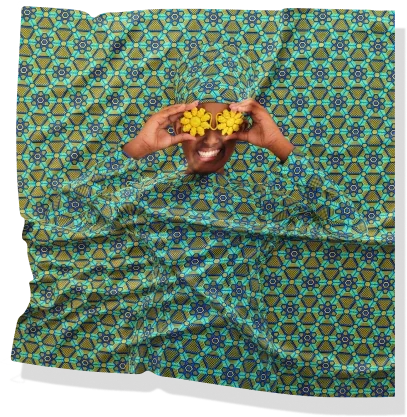




Freedom
Fatima Gomez will never forget the freedom she felt when she got her first bicycle in The Gambia.
“It made me feel that I could do anything,” she says, recalling how girls in her village were not supposed to ride bikes.
Her community also believed that girls should undergo female genital mutilation (FGM). Fatima’s family did not. She grew up free to make her own choices.
Now, as a student in law school, she advocates for all girls to have the liberty she had as a child. “Being in a community where the majority of girls got cut and I was not, I felt really sad,” she says. “What gives me hope is the solidarity I see among our generation.”
Born in a village on the border of Kenya and Tanzania, Bernadette Loloju is another powerful voice for change. “I was cut before the age of 13,” she says. “In our village it was very normal.” When she went to high school in Kenya’s capital, Nairobi, she says,
“I realized that it was not normal for girls to go through that.”
She went on to become the chief executive of Kenya’s Anti-FGM Board, leading a range of initiatives to fight for girls to have the freedom that she did not.
Joining Fatima and Bernadette in the quest for change is Omar Sharpstar, a religious leader and scholar in Kenya. “There is a lot of complication when giving birth, and that’s because of FGM,” he says, describing one of the many problems the practice can cause. “We have to stand against this.”
While the procedure is outlawed in The Gambia, Kenya, and Tanzania, it continues to happen in the shadows. To change society, Omar says, everyone must get involved, from pastors to politicians. “We have to come together.”


